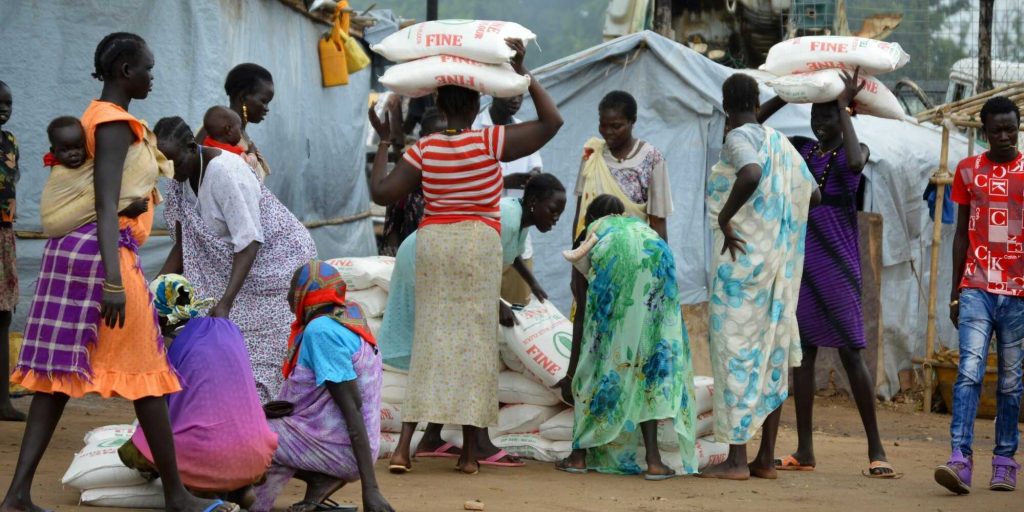
On the night of May 17, 1983, Dr John Garang, (now deceased), who led Sudan People’s Liberation Army during the 1983-2005 Second Sudanese Civil War told his wife Ms Rebecca Garang that he had been asked to lead the troops. And so, she should remain with their children as he took leadership of the insurgency.
She, however, told him: “I am not remaining with the children, I will go with you.”
“If you want to leave me behind, here is a pistol, kill us first, then go on and lead the troops. (He agreed to go with her). When we left with my husband, I was the only woman,” recounted Ms Garang during the interview for Our Search for Peace: Women in South Sudan’s National Peace Processes, 2005-2018 report (2020) by Oxfam, UN Women and Born to Lead.
Ms Garang is one of the South Sudanese women who played major roles in ending the civil war.
In the new report, they are acknowledged as active combatants, peacemakers, peace advocates, caregivers and humanitarians whose critical roles in the efforts to achieve peace in South Sudan has been under-recognised and under-documented.
Nevertheless, their efforts yielded to the signing of a Comprehensive Peace Agreement (CPA) in 2005 paving the way for the country’s independence from Sudan on July 9, 2011.
Struggle for peace
The report informed by qualitative research involving interviews of 25 women who have participated in the national peace processes in South Sudan expounds on their aggressive activities to create a lasting peace stretching from household to international advocacy.
The women who interacted with men in leadership positions asked them to include women in their delegations. Women were however needed to offer themselves in the struggle for peace.
When Ms Garang lobbied with her husband, his response was clear.
“I am for women’s involvement, but I can’t go and tell their husbands to give me their women. The women need to come out,” Ms Garang is quoted recounting his response in the report.
In international fora, the women, raised their voices over urgency to end the civil war.
“I made my presentation (in Tanzania) and then was off on a flight to Senegal and then to Beijing to do more advocacy on the conflict in southern Sudan…It was a cause,” a peacebuilder identified as Aquil is quoted in the report.
She further said: “The sacrifices we were making leaving our children behind to lobby around the globe, being constantly exhausted and falling sick, could not compare to the sacrifices made by soldiers who had no shoes, no clothes, and no shelter.”
Some of the women who fought for independence are now in South Sudan’s leadership.
For instance, Ms Garang is one of the five Vice Presidents who took oath in February 2020.
